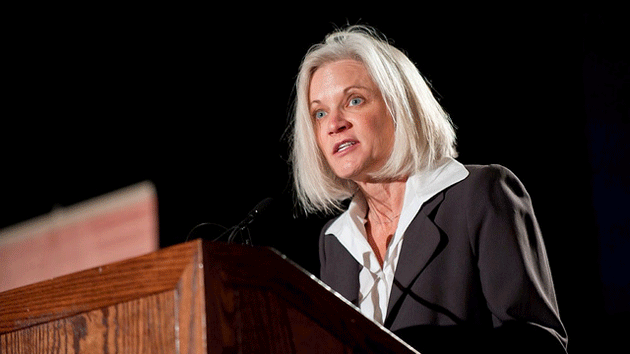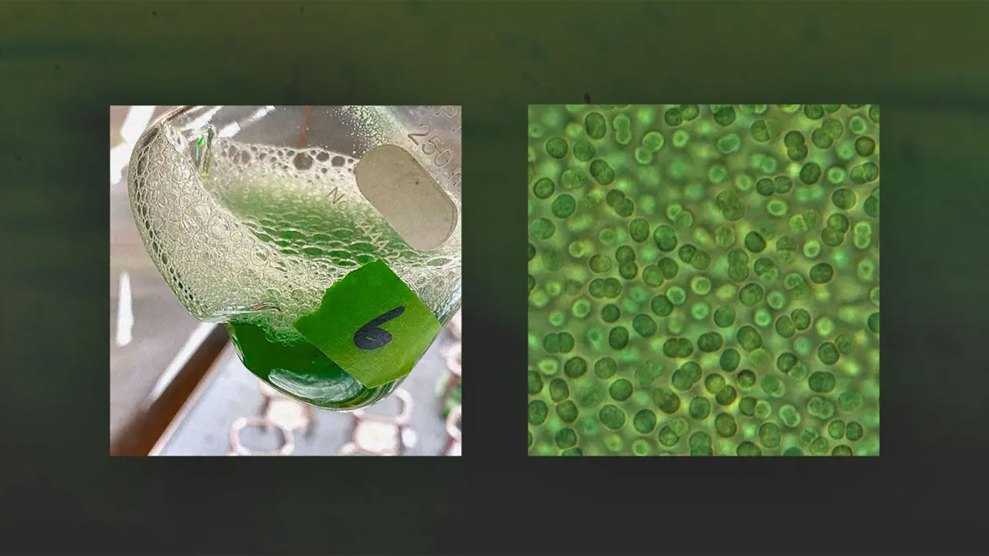
Melinda Haag, US Attorney for Northern California. <a href="https://www.flickr.com/photos/lccrbayarea/5391414105/in/photolist-edEpHp-9dqpzB-9d5sFT-afDr74-afDraH-afDrd2-afGdaW-afGd9u-afGcXC-afGd3C-9Thpu1-d9ERN1">Lawyers Committee for Civil Rights</a>/Flickr
Several California congressional representatives issued a statement Friday accusing the Department of Justice of “not acting within the spirit or letter of the law” in its pursuit of a three-year-old legal case aimed at shutting down Harborside Health Center, one of the country’s largest and most respected pot dispensaries.
“As Members of Congress we have watched the public acceptance of medical marijuana develop and grow while the Federal policy on it stagnates,” wrote Reps. Sam Farr, Dana Rohrabacher, and Barbara Lee.
In 2012, US Attorney Melinda Haag initiated civil forfeiture proceedings against Harborside, which does $25 million a year in sales, on the grounds that it had grown too big. The move came as shock to many in California’s medical marijuana industry; Harborside was widely viewed as one of the state’s most ethical and legally compliant dispensaries. A few months later, the City of Oakland sued to block Haag’s case, arguing that shutting down Harborside would create a public health crisis.
The following year, the Justice Department issued a memo laying out a more permissive federal policy on pot, and federal prosecutors dropped similar civil forfeiture proceedings against several dispensaries in Los Angeles. But in Northern California, Haag pressed on with her case against Harborside and the Berkeley Patients Group, another large, well-respected dispensary.
Motivated in part by Haag’s prosecutions, Reps. Farr and Rohrabacher won a provision in December’s federal appropriations bill that blocks the DOJ from spending money to prosecute medical marijuana dispensaries or patients that abide by state laws. The move was expected to be the nail in the coffin for Haag’s pot cases. But on February 3, she appeared before 9th Circuit Court of Appeals to push the case forward, arguing that the City of Oakland shouldn’t be allowed to challenge the proceedings.
“It’s clear now that Melinda Haag is the real criminal in the Harborside case,” says Harborside founder Steven DeAngelo. Haag’s office could not immediately be reached for comment.
The DOJ’s ongoing pursuit of the case has led to much debate about Haag’s motivations. Some observers wonder if she’s simply a dyed-in-the-wool drug warrior. Others speculate that the DOJ sees the case as a way to continue to discourage the expansion of marijuana businesses in California, where pot laws are notoriously loose and decentralized.
“It can be dismaying to me as a businessperson to have these persistent attacks keep coming at Harborside and see most of the rest of the industry not similarly targeted,” DeAngelo says. “But I did not get into this industry to make lots of money, I got into this to make cannabis legal. And I think we are gong to win.”
















